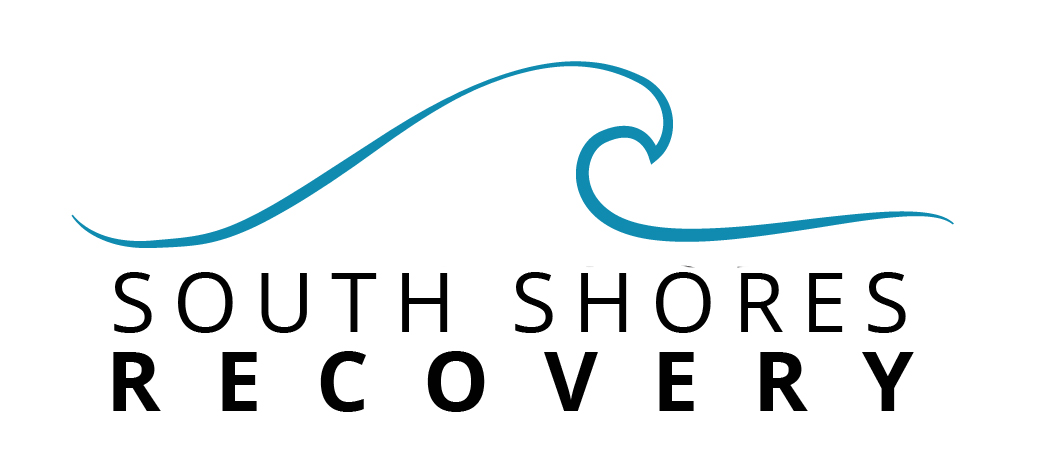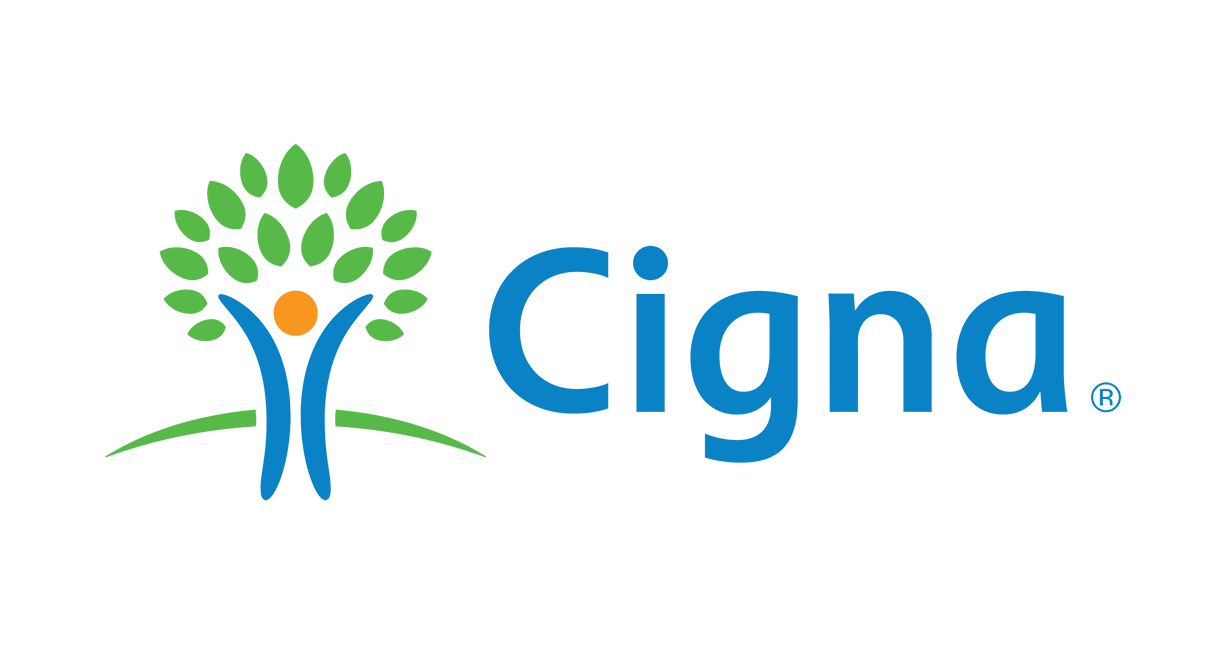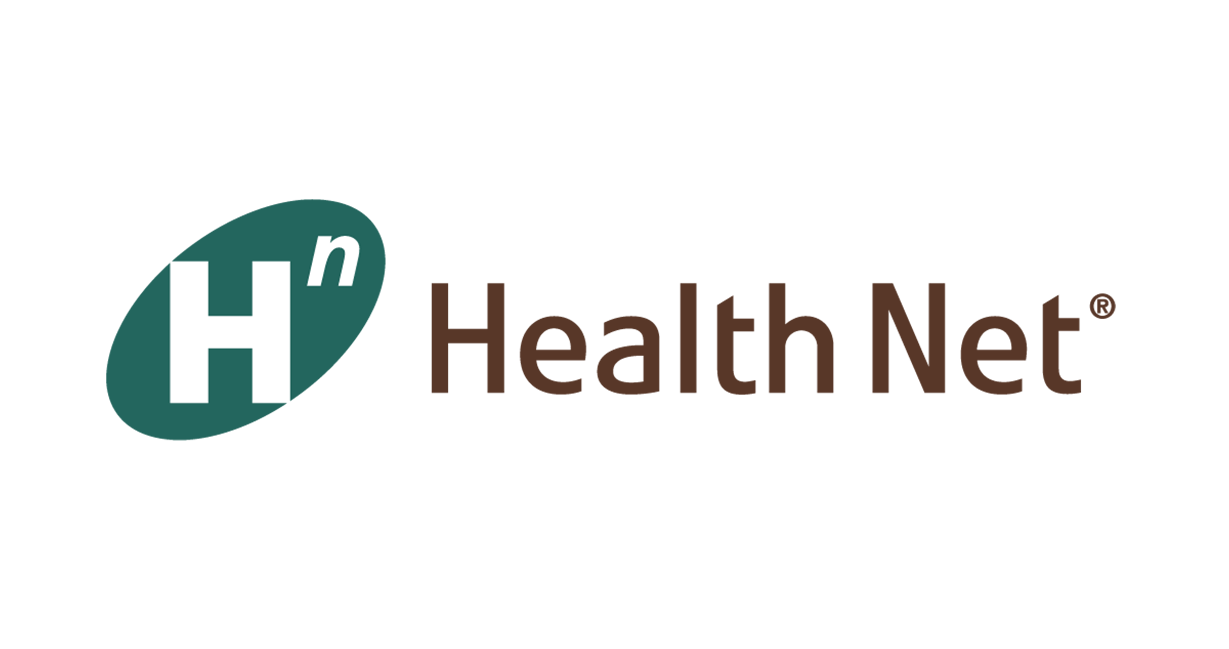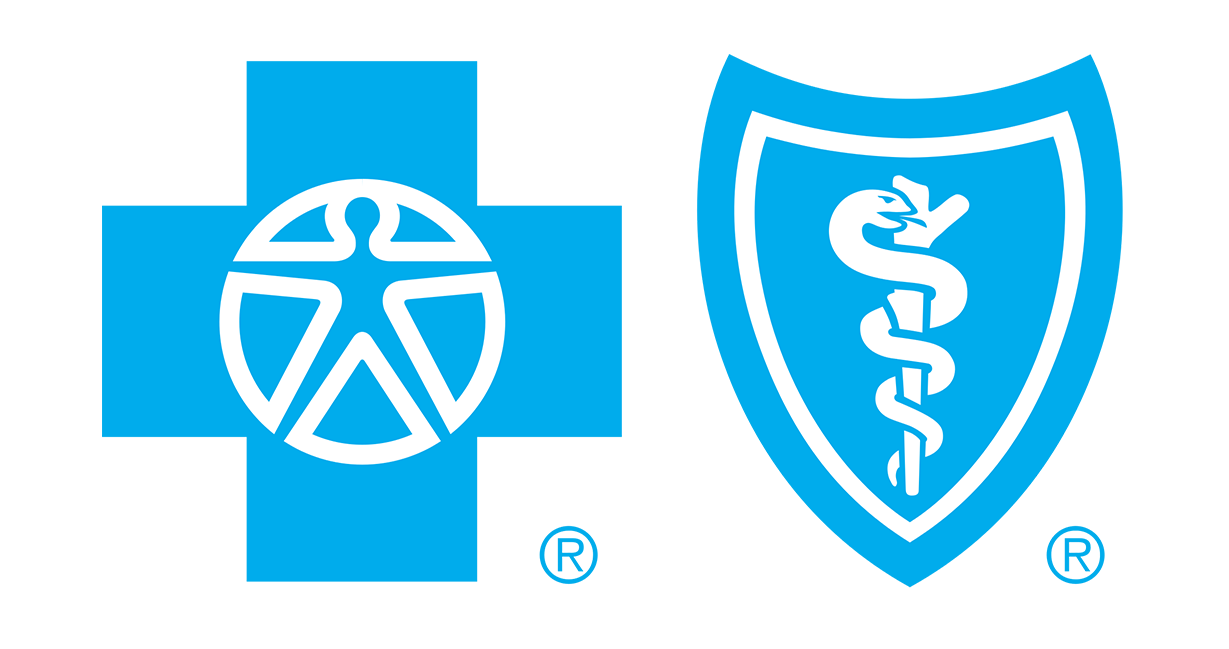Drug and Alcohol Detox
South Shores Detox & Treatment understand that addiction to drugs and alcohol is an illness that has its roots in altered brain functioning and structure. This is characterized by the individual who, having crossed over from recreational use into addiction, no longer has the ability to stop himself from the dangers of “using”. Such individuals sadly continue in their addiction even though “hospitals, institutions & death” are the eventual results for them.
Addiction has been attributed to environmental, genetic and developmental factors making it an extremely difficult illness to treat, hence why so many people struggle through multiple relapses until they finally “get it”, if they get it at all. But at South Shores we do not despair, we have seen, as well have been the most hopeless cases recover from a seemingly hopeless state of mind. We do this through a multi-prong attack that sees each guest receive a therapeutic, experiential & communal treatment that helps move the addict from a war zone to a place of healing.
What is a detox?
Though there are several steps in finding full recovery from drug and alcohol addiction none is more important than the first step of treatment known as Detoxification or Detox. This is the beginning of the journey of the guest and a vital step in seeing the individual get the opportunity to accept his/her treatment. The goal of this phase is returning the guests body to its prior state of being before being physically addicted to drugs or alcohol. If this step is not taken fully and safely then the guest never gets the opportunity to be fully clean (or clear) to realize His/Her treatment. South Shores is committed to helping those under our care to detox completely so that they can be fully present for the recovery process to begin and endure.
Alcohol Detoxification
Alcohol withdrawal can manifest itself in several ways, including:
- Nausea and vomiting
- Anxiety and sweaty palms
- Headaches and dizziness
- Fever
- Fatigue or exhaustion
- Rapid heartbeat and tremors
- D.T.’s or delirium tremens, the medical term for a condition in which clients may hallucinate
- Confusion
- Seizures
Cocaine Detoxification
Cocaine withdrawal includes both psychological and physical symptoms, including:
- Insomnia
- Irritability and anxiety
- Fatigue and depression
- Chills and body aches
- Tremors
- Muscular pain
Methamphetamine Detoxification
Chronic use of methamphetamines may result in serious symptoms during withdrawal, such as:
- Paranoia and anxiety
- Violent mood swings and aggression
- Insomnia
- Hallucinations
- Heart arrhythmia
Benzodiazepine Detoxification
Detoxing from benzodiazepines should only be done with proper clinical supervision. Benzodiazepine withdrawal comprises extreme and often dangerous symptoms, including:
- Anxiety and irritability
- Body tremors, particularly of the hands
- Low energy levels
- Disturbed sleep patterns
- Cognitive difficulty and confusion
- Nausea
- Seizures
Opiate and Opioid Detoxification
Opiates and opioids are a group of drugs derived from the opium plant. They include codeine, fentanyl, morphine, Vicodin, oxycontin, oxycodone and heroin. Opiates are used as painkillers and are extremely addictive depending on how long the person has been taking the drug and how much he or she uses.
Opiate withdrawal without proper detoxification is extremely difficult and dangerous. Common symptoms of opiate withdrawal include:
- Anxiety and agitation
- Muscle aches and pains
- Insomnia
- Abdominal cramps and diarrhea
- Nausea and vomiting
- Seizures
Heroin Detoxification
Heroin withdrawal symptoms can begin as soon as six hours after the last dose and may last up to seven days. Symptoms include:
- Aches and pains
- Diarrhea and upset stomach
- Nausea and vomiting
- Fever
- Restlessness and insomnia
- Seizures
Methadone Detoxification
Detoxing from methadone can be difficult. Clients may experience physical symptoms with onset approximately one day after the drug is stopped, including:
- Lightheadedness
- Tearing of the eyes
- Sweating
- Depression
- Anxiety
- Body aches and uncontrollable shaking
- Strong cravings
- Nausea and vomiting
- Diarrhea
Suboxone Detoxification
Detoxing from Suboxone dependency generally spans 14 days of supervised withdrawal. Post-acute symptoms can include:
- Nausea and vomiting
- Sweating
- Headache
- Anxiety
- Insomnia
- Flu-like symptoms
- Mood swings
- Respiratory distress or depression
We accept most Major Insurance Providers.
Call us at 1-877-805-2101 or click here to verify insurance.
Insurance Coverage and Getting Support at South Shores
Considering the pivotal role of insurance coverage and affordability in addiction treatment, South Shores Recovery accommodates most major health insurance plans, broadening access to necessary addiction treatment for those struggling. Our rehab program is in-network with TRICARE and Aetna, among others.
To verify your insurance coverage at South Shores Recovery and gain a comprehensive understanding of the extent and scope of coverage for addiction treatment, it is recommended to reach out to the admissions team for guidance through the verification process.





